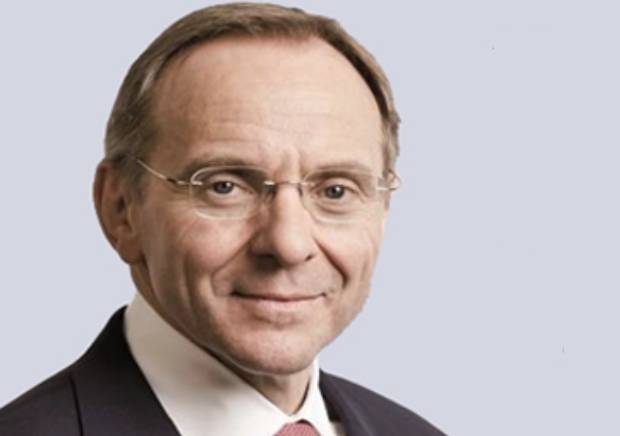
Today, we have published the 2019 People Survey results on GOV.UK.
It’s been an extraordinary year of challenge and achievement for the Civil Service, and we are now in the middle of another, even more urgent, endeavour.
I want to thank colleagues on the frontline of public services across the four nations of the UK for your fantastic work in maintaining those services to a high level. And a particular thank you to those who were tireless in tackling the complex challenge of preparations for EU Exit and the large numbers now leading the national effort to beat the coronavirus pandemic. The way you organise and collaborate across departmental boundaries is a great example of how we can tackle the big, cross-cutting issues facing government now and in the future, such as climate change, mental health, and social care. That is a brilliant Civil Service in action.
In this, the Year of Inclusion, the Civil Service has never been more diverse and representative of the country as a whole. That said, if we are to achieve our ambition to be the UK’s most inclusive employer, we have work to do to increase the numbers of underrepresented groups at senior levels in particular.
It’s in this context that I want to look at the results of the 2019 People Survey, which reflect what you’ve felt and experienced in working for your organisations during these eventful times. This is a year, I might add, in which an international survey found the UK Civil Service to be, overall, the most effective in the world.
Across the Civil Service there are some really positive survey results. Scores in eight of the nine core themes showed an improvement, including for Leadership and Managing Change, up 2 percentage points, and it’s highest since the survey began in 2009. And the overall engagement index has increased by 1 pp to 63%, the highest it's been in the 11 years of the survey.
We would never pretend that there aren’t areas where we can, and must, do better. For example, while average rates of discrimination have fallen slightly from 12% to 11%, bullying and harassment rates have gone in the opposite direction, rising from 11% to 12%. There is no place for Bullying, Harassment and Discrimination of any kind in the workplace, and I remain committed to stamping it out in the Civil Service.
This is the first time we have asked for further details on the nature of Bullying and Harassment. The data this generates is vital to understanding the issue and focusing our effort where it is needed. We have a range of measures to deal with any allegations of sexual harassment, for example, and to support those who experience it. These measures include tough disciplinary procedures, proactive campaigns to ensure inappropriate behaviour is reported, and updated guidance for staff.
What is encouraging is that there was a notable increase in the proportion of staff who said they went on to report their experience of bullying and harassment. This is a positive step, it suggests greater awareness of the need to report – and how you can do it – and greater confidence that the issue will be met head on.
Thank you to everyone who completed the survey. In all, 308,556 civil servants responded, across 106 Civil Service organisations, equivalent to an overall response rate of 67%.
Our commitment as senior leaders is to take action in response to what you have told us.
In particular, at this time, as we are finding new ways of working to face new challenges for our country, I want to thank you for the brilliant work you are doing to keep essential public services running.
